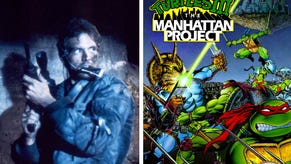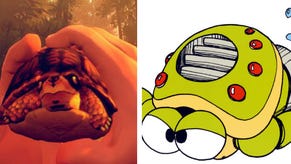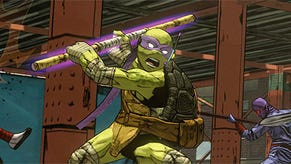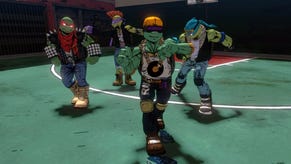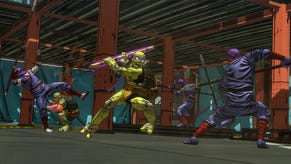Dispatches from PAX Prime 2014: On the Glory of Faded Heroes
Some things only get better with age, even if they risk deteriorating out of existence.
This article first appeared on USgamer, a partner publication of VG247. Some content, such as this article, has been migrated to VG247 for posterity after USgamer's closure - but it has not been edited or further vetted by the VG247 team.
As a fan of classic games, I try to spend at least half an hour of every PAX soaking up atmosphere in the authentically dank classic arcade room. It's one of the few places where you can hear someone exclaim, "They have pinball? I love pinball!" without a hint of irony.
But this loving tribute to the past also brings some pangs of tragedy. Most of the machines contained in this room date back to before my early '80s birth, and it's likely some won't make it to the fabled year of 2020, which the prophet Hugh Downs warned us about every Friday night after TGIF on ABC.
Because these cabinets will likely be buried up to their marquee art in landfills before the next decade, I consider it my duty to revisit them. And it's not entirely surprising that the greatest hits of 25 years ago still manage to make an appearance any time someone finds an excuse to replicate the classic arcade experience. Needless to say, two of Konami's most popular brawlers, the superb Teenage Mutant Ninja Turtles (1989) and The Simpsons (1991), received some attention from me yesterday, even if their displays lacked the clarity they had back when everyone referred to The '90s not just as a decade, but as a cultural movement that mostly involved recycling.
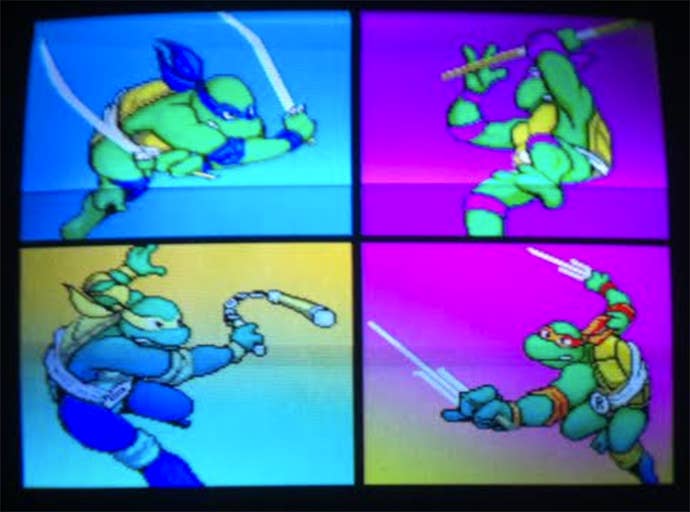
It's strange, really: While I lament the single dead pixel on my PSP and the inexplicable dark splotches that appear on my Vita's screen whenever it fades to black, there's something oddly charming about CRT decay. In a sense, the warped, miscolored effects of ancient arcade machines only add to their charm, as if these flaws exist as the battlescars of surviving in an industry that surpassed them in terms of technology decades ago. Walk up to a vintage cabinet, and you can feel the history contained within. Where have these machines been? How many quarters have their slots consumed? Even the crustiest of used console cartridges don't carry the same legacy as a sun-faded arcade cabinet that's been on this planet longer than most contemporary pop stars.
Even while these machines age, their intellectual property persists. Kids might not understand the season one-specific Simpsons arcade game, but from what I witnessed in that poorly lit room, the presence of Homer, Marge, Bart, and Lisa speaks through decades of the show's many mutations. And while Michael Bay's take on the Ninja Turtles may differ greatly from the catchphrase-spewing, poorly-animated Pizza Hut advocates I treasured in my youth, playing as Raph on an empty machine drew in several co-op partners alarmingly younger than myself. Their interpretation of the Turtles might be different than mine, but regardless of our dates of birth, each of us added history to a machine that's probably seen it all.
And that's what makes PAX great. Every time I fear my love for classic games is the result of rose-tinted glasses, I see a kid barely out of his or her double-digits, playing away as if these things just released weeks ago. As time goes by, I'm sure the likelihood of seeing a Simpsons or TMNT machine will only decrease, so I've come to value these encounters, however fleeting they may be. While I value visual fidelity, there's still something to an experience that still wants to entertain you after decades of deterioration.

